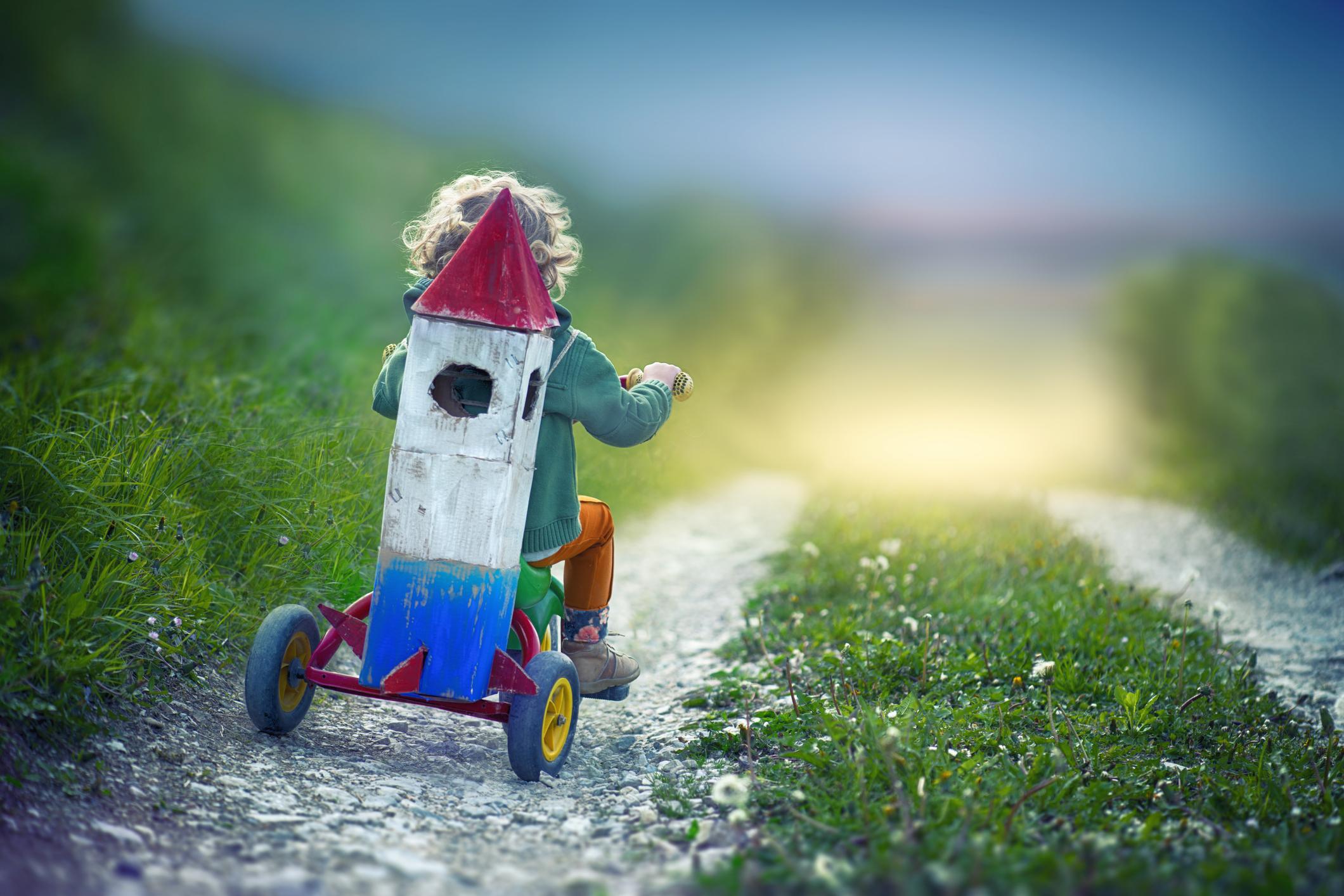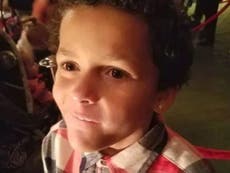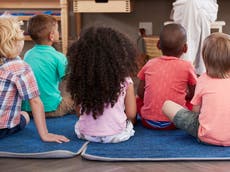After the death of Jamel Myles, we need to talk about child self-harm and suicide – even though it’s difficult
I don’t know how I rationalised or processed hurting myself – I don’t think I did. I had all the shame and fear of a child who had no idea what they were doing, but knew it wasn’t 'normal' or 'OK'


Earlier this week, Jamel Myles, a nine-year-old boy, took his own life. According to his mother, this was in response to excessive homophobic bullying after he came out to his friends. Additionally, research released on Wednesday revealed almost half of teenagers who said they were attracted to the same gender or both genders have self-harmed. Not completely related – but indicative of just how much poor mental health can affect queer and trans people physically, and how it can impact our ability to live.
You would be stretched to find a queer or trans person who hasn’t known someone who has struggled with their mental health. What is particularly difficult to stomach is when people as young as Myles hurt themselves, and even die by suicide.
I wouldn’t write this if I didn’t think it was not only necessary, but essential, to talk about self-harm and suicidal thoughts in children and young people. So, please bear with me while I attempt to express something extremely personal.
I’m not going to speak about Jamel, because I don’t know his own individual experience – but what I can do is try to break this taboo by speaking about my own past.
This is something I have never said out loud before, never spoken about before and never even written down before – it’s something I hold in the darkest and furthest corner of my mind.
In many ways, my childhood was a good one: I went to a decent school, had a really loving family and had dreams and aspirations about becoming a writer. But for some reason, and it’s hard to put my finger on exactly why, I started self-harming when I was six years old. I used to bruise myself and make myself bleed – I had methods that I won’t go into here because I don’t think it’s right or necessary for me to share them.
I appeared pretty happy on the outside – I was playful, opinionated, a keen student – but I hurt myself most days of the week for the majority of my childhood. The medical team at school and the doctors who I saw, were mystified about how I came to be injured so often.
I did everything I could to make things seem accidental or natural. I didn’t really comprehend the consequences of my actions, but I knew I had to keep it a secret that I was doing this to myself – from teachers, students, doctors, everyone.
That was the shame and fear of a child who had no idea what they were doing, but knew it wasn’t “normal” or “OK”. I didn’t want anyone to stop me because I didn’t see hurting myself as wrong or a problem. I don’t know how I rationalised or processed it – I don’t think I did.
At the age of 11, I wrote a note that didn’t specify the plans I had made, but expressed that I wanted to die, that I wanted to end my own life. I am ashamed to say that I gave it to a girl in my class – even though I was 11 and I had no idea what I was doing, I’m still ashamed to this day. I’m sad that I brought that into another girl’s childhood.
Fortunately, this girl told her parents, who contacted the school and my family. I can’t imagine the stress and sadness my own parents must have felt when they received that phone call.
My fantastic school and amazing family both asked if I had any plans for how I would do it. Again, something inside of me warned me not to say. So I told them “no”, even though I did. In fact, I had thought of various methods and had planned a time and day. Everything was planned in meticulous detail. But, seeing how sad my mum was when she held that letter somehow jerked me back into wanting to live.
A few months after the suicide note, even though I had stopped wanting to end my life, my self-harm took a new turn – broken bones. Again, I faked an accident. I was a very active child – always running about pretending to chase ghosts or be a Power Ranger – so it was pretty easy to say that I fell and bruised my knee by accident, or that I tried to do a flying jump and it just went terribly wrong.
I am so deeply sad about the pain I caused my family. But, at the time, I had no real idea of what I was doing.
I didn’t accept I was queer until I was 17, and I didn’t accept I was non-binary until I was 19. When I found and embraced the label, it felt like so much of my life and my experiences made sense and for the first time, when I accepted both these things, I was able to see myself in the mirror with kindness and recognition, and without the internalised shame that had followed me around since childhood: the shame that I wore boys’ clothes, that I didn’t look or talk like “other girls”, that I didn’t look or talk like boys, that I had no category, no recognition from others, no name.
The moment I realised I wasn’t alone was when I recognised that I didn’t have to hurt myself to make up for my existence.
But I know that right now, there are teenagers and children out there who feel so alone. Who hold this secret like a weight and don’t even know they’re holding it. And, maybe they’re queer, maybe they’re not. Maybe they’re trans, maybe they’re not. But that doesn’t matter.
What does matter is that we teach acceptance in schools, that we call out meanness or confusion where we see it and that we protect those who seem – or identify themselves as – “different”. Children often act in ways they don’t understand, but they do it in response to something on the outside. We can all work together to try and ensure children grow up in a world where outside stress doesn’t reach such levels that those kids are driven to injure themselves.
I’ve only just started talking about this. I’m 22 this weekend and I’ve admitted all this out loud for the first time. I don’t want that to be any other person’s life – and I certainly don’t want to read more news stories about children who have died by suicide after experiencing bullying.
So, even though it’s so, so difficult to talk about it – we must do so. Children feel these feelings too. The first step towards making it better is admitting to ourselves that they do.
If you have been affected by this story, you can contact the following organisations for support:
http://www.nhs.uk/livewell/mentalhealth




Join our commenting forum
Join thought-provoking conversations, follow other Independent readers and see their replies